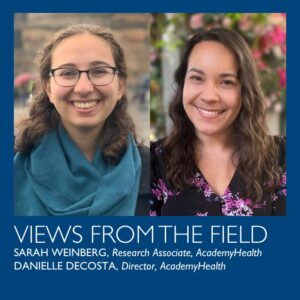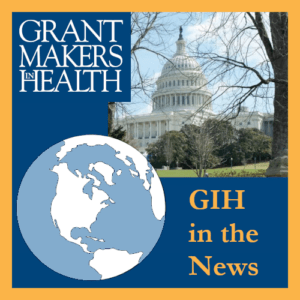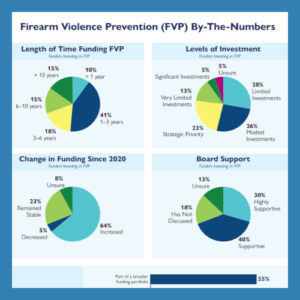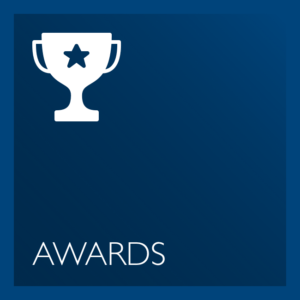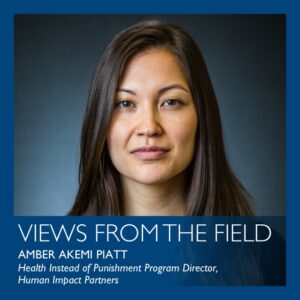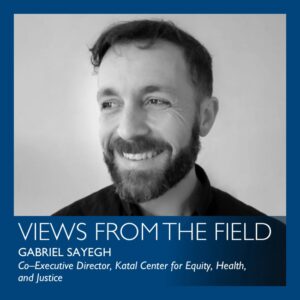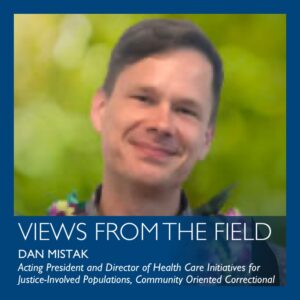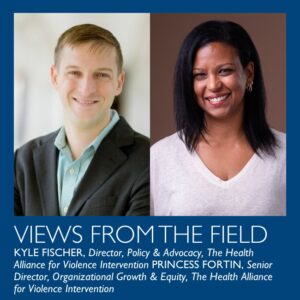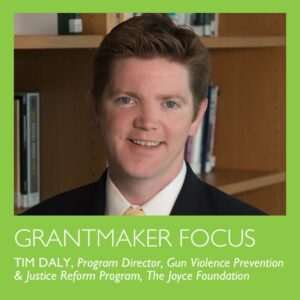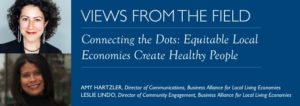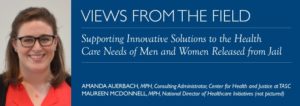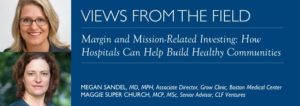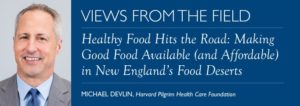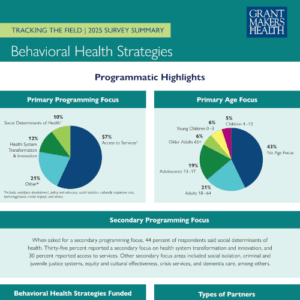Upcoming Events
Past Events
Explore Health Equity and Social Justice Topics
Recent Items - Climate and Environmental Health
Recent Items - Health Equity
Recent Items - Healthy Eating/Active Living
Kate B. Reynolds Charitable Trust: October 2025
Recent Items - Housing
Marin Community Foundation: October 2024
Horizon Foundation: September 2024
Recent Items - Justice Reform
Recent Items - Social Determinants of Health
North Carolina Healthcare Foundation: January 2026
Marin Community Foundation: October 2024
Recent Items - Violence Prevention
The Joyce Foundation
Latest Resources
Connecting the Dots: Equitable Local Economies Create Healthy People
The Business Alliance for Local Living Economies (BALLE) has spent the last 17 years working with thousands of local businesses, investors, and civic leaders who are strengthening local economies and communities across the United States and Canada.
Supporting Innovative Solutions to the Health Care Needs of Men and Women Released from Jail
Research shows that men and women admitted to jail have disproportionately higher rates of chronic illness than the general population, along with higher rates of early death.
Margin and Mission-Related Investing: How Hospitals Can Help Build Healthy Communities
As anchor institutions, hospitals can drive place-based change and improve health outcomes through local hiring, procurement, and other efforts that address the social, economic, and environmental factors that shape health.
Healthy Food Hits the Road: Making Good Food Available (and Affordable) in New England’s Food Deserts
As health care costs continue to rise, it is critical that players from every sector—public, private, and nonprofit—work collaboratively on solutions that address the health needs of low-income people and invest in preventative health measures.
Philanthropy Talks to Philanthropy
The annual conference showed again this year why it is the premier opportunity for health funders to talk to their peers about challenges, lessons learned, and the path forward.
Leading with Vision
Do we aspire to be the healthiest community in the state? Think bigger. Do we aspire to be the healthiest community in the nation? Keep going. Some days I ask myself if it is grandiose to hold a pie-in-the-sky vision during changing, uncertain times.
Reports and Publications
GIH Bulletin: January/February 2026
One year ago, as we were just one month into the new administration, I wrote that “At a moment when so much has been described as ‘unprecedented,’ and so much of what we value is being attacked, we need to ask ourselves as individuals, organizations, and a field, what do we stand for? What values do we hold, and what will we do and say to defend them?” Today, the answers to these questions are needed more urgently than ever.
GIH Bulletin: November/December 2025
GIH President and CEO, Cara V. James, delivered these remarks on Protecting the Freedom to Give at the closing of the 2025 Health Policy Exchange, in Arlington, Virginia.
Behavioral Health Strategies
GIH conducted a survey in late 2024 on funder engagement in behavioral health. This fact sheet, based on a sample of 139 health funders, summarizes the current trends, gaps, successes and challenges for funders. It also highlights philanthropy’s continued commitment to behavioral health while also signaling concern about the upcoming funding environment.
Strengthen your knowledge, skills, and capacity.
GIH focuses our programming around five areas that are critical to achieving better health for all.
We invite you to explore the resources available on our focus areas pages, browse content in more specific issue areas, and to connect with GIH staff to discuss how we can partner and support your work.

